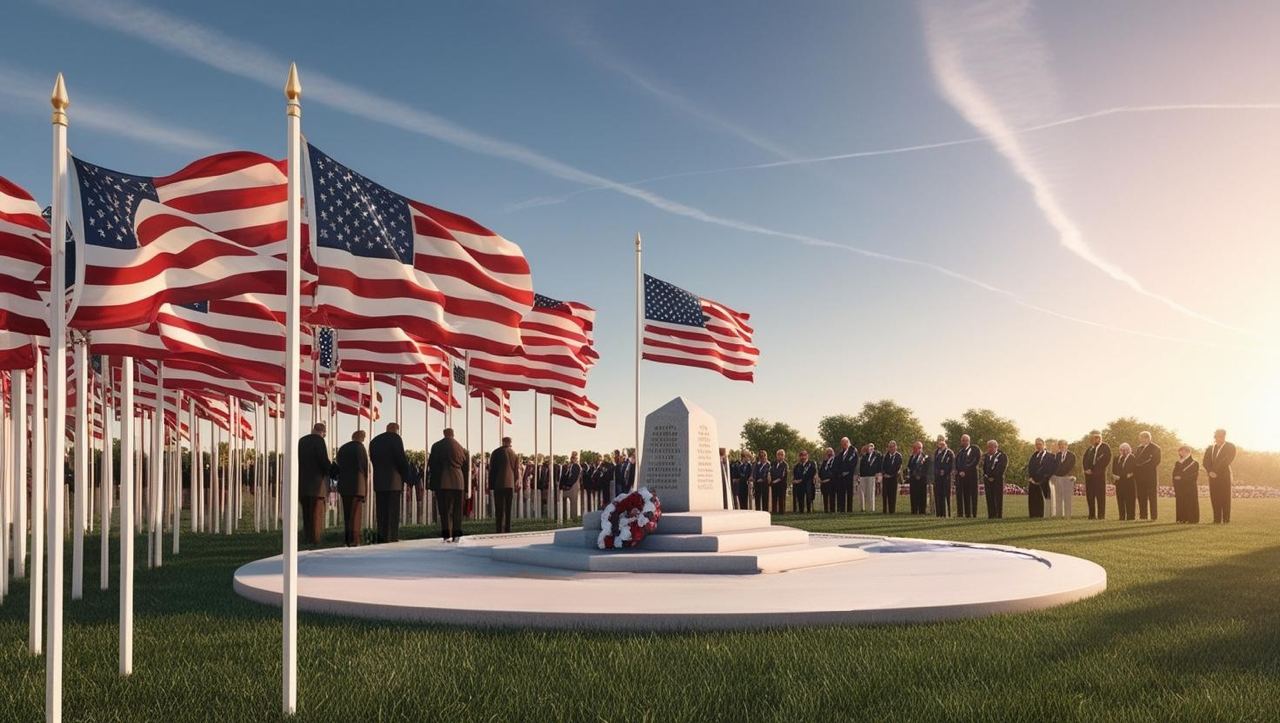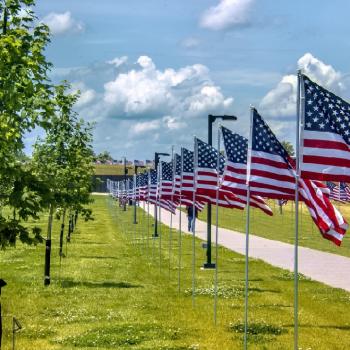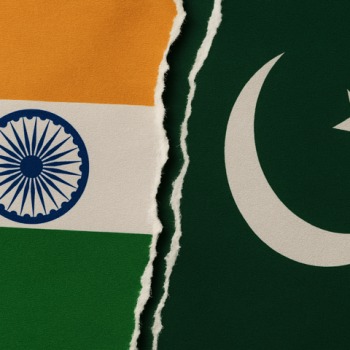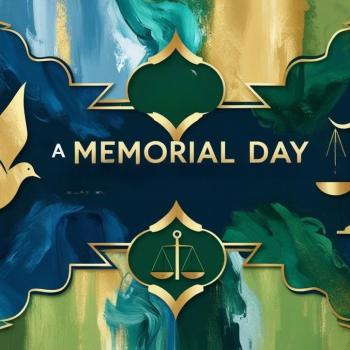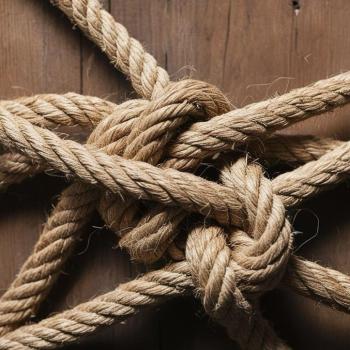As we mark another Fourth of July, millions of Americans will celebrate with fireworks, family gatherings, and patriotic pride. For me, however, this day carries an especially personal and spiritual meaning. As a Muslim American and a member of the Ahmadiyya Muslim Community, the liberties enshrined in this country’s founding documents are not just concepts—they are the true embodiment of blessings.
Practicing Faith Without Fear
This year, the significance of Independence Day is further amplified by a major milestone: the 75th Annual Jalsa Salana USA—a national spiritual convention hosted by the Ahmadiyya Muslim Community. Held in Richmond, Virginia, this gathering will bring together thousands of Muslims from across the country to deepen their faith, renew their sense of community, and pray for the nation and the world.
It is not lost on me that this very gathering would be illegal in countries like my family’s native Pakistan. In 1974—exactly fifty years ago—a constitutional amendment was passed that declared Ahmadis to be “non-Muslim.” Since then, members of my community in Pakistan have been systematically denied the right to call themselves Muslims. Basic acts such as reciting the Islamic creed, offering Islamic greetings, or naming our mosques as such can lead to arrest and imprisonment. Sadly, this is not limited to Pakistan. Ahmadi Muslims continue to face discrimination and violence in countries like Bangladesh, Indonesia, and Afghanistan.
To be able to gather freely with my community in America, to pray and speak without fear, is a freedom that we never take for granted. It is a profound blessing that makes the Fourth of July more than a date—it is a reminder of our duty to cherish and protect these liberties.
A Convention of Peace and Purpose
The Jalsa Salana was established in 1891 by the Promised Messiah and Founder of the Ahmadiyya Muslim Community, Hazrat Mirza Ghulam Ahmad (as). It was not intended as a show of numbers or political might. Rather, its purpose was, and remains, to increase one’s relationship with God, strengthen ties of brotherhood, and serve humanity.
In his writings, the Promised Messiah (as) emphasized the spiritual dimensions of service and citizenship. He wrote, “A true Muslim is one who loves his country… Loyalty to the government under which one lives is part of faith.” This principle drives the many public service efforts at each Jalsa. In Richmond, attendees will participate in “Jalsa Cares” initiatives—cleaning parks, donating food, and organizing blood drives. These efforts continue the legacy of our national “Muslims for Life” campaign, which has led to over 40,000 bags of blood being donated since 2011.
Our community sees these acts not as charity, but as duty. As the Holy Qur’an instructs, “Surely, Allah commands you to give over the trusts to those entitled to them, and that when you judge between men, you judge with justice…” (Qur’an 4:58). Religious devotion without social justice is incomplete.
Islam and American Values Aligned
It’s often forgotten that Islam and American democratic values have a great deal in common. Both emphasize individual dignity, justice, compassion, and service to others. The Qur’an tells believers, “O ye who believe! Be steadfast in the cause of Allah, bearing witness in equity; and let not a people’s enmity incite you to act otherwise than with justice…” (Qur’an 5:9).
This ethos of justice and loyalty not only informs how we practice our faith—it shapes how we live as citizens. Whether it’s participating in civic life, voting, or engaging in community service, Muslims like myself see no conflict between our religious obligations and our duties as Americans. Rather, the two are beautifully aligned.
A Prayer for Freedom—Here and Abroad
As I join my community in Richmond this weekend, I will be thinking about those around the world who cannot worship freely, who cannot gather without fear, and who cannot call themselves by the name they believe defines their faith. I will also remember those who gave their lives so that I—and so many others—could live with dignity and freedom.
The ability to host a Jalsa like this in the United States is not something we take lightly. It is both a celebration and a responsibility. We must use our freedom not merely to enjoy life, but to make life better for others. The Promised Messiah (as) once said, “A person who does not discharge the rights of his fellow human beings cannot be considered to be discharging the rights of God.” That profound teaching continues to shape our mission as Ahmadi Muslims in America.
Honoring Freedom with Service
Independence Day is more than a patriotic celebration—it is a moral calling. It challenges us to reflect on the blessings we enjoy and to extend those blessings to others. Whether through prayer, service, or sacrifice, we are called to be custodians of liberty—not just beneficiaries of it.
Guidance from the Worldwide Head of the Ahmadiyya Muslim Community
In his addresses at past Jalsa Salana gatherings around the world, His Holiness, Hazrat Mirza Masroor Ahmad (may Allah be his helper) has consistently reminded Ahmadi Muslims of the profound dual responsibility we bear as both spiritual and civic beings. Jalsa, he has emphasized, is not merely a gathering for intellectual discourse, but a sacred opportunity for moral and communal transformation.
In one such address, His Holiness stated:
“I pray that a spirit of service to humanity takes permanent root in society… More than ever before, it is the duty of all humankind to foster a spirit of brotherhood and mutual love…”
These words serve as a powerful reminder that our religious freedoms in America are not just a license to worship—they are a responsibility to uplift others. Whether through public service initiatives like Jalsa Cares or the ongoing efforts of our community to build bridges of peace, the guidance of our Khalifa calls us to ensure that our faith translates into meaningful impact.
A Message of Hope
As we celebrate this 75th Jalsa Salana USA during the Fourth of July weekend, I hope our presence in Richmond reflects more than a religious gathering—it should reflect the beautiful possibility of what happens when faith and freedom walk hand in hand. Our message to all Americans remains what it has always been: “Love for All, Hatred for None.”


